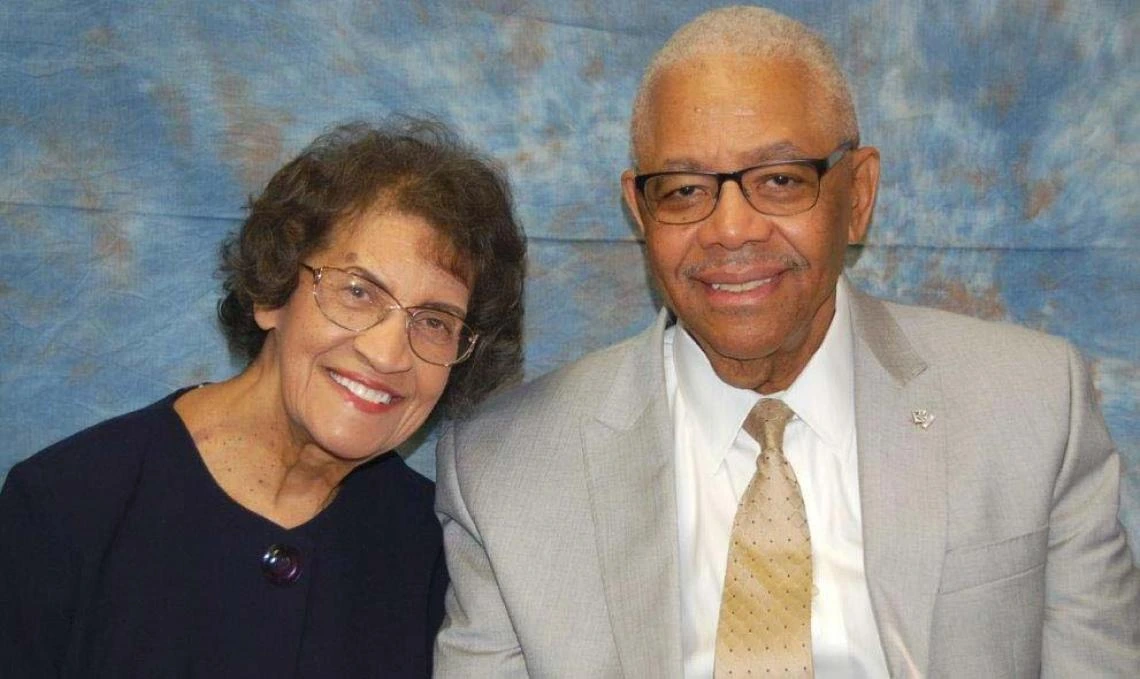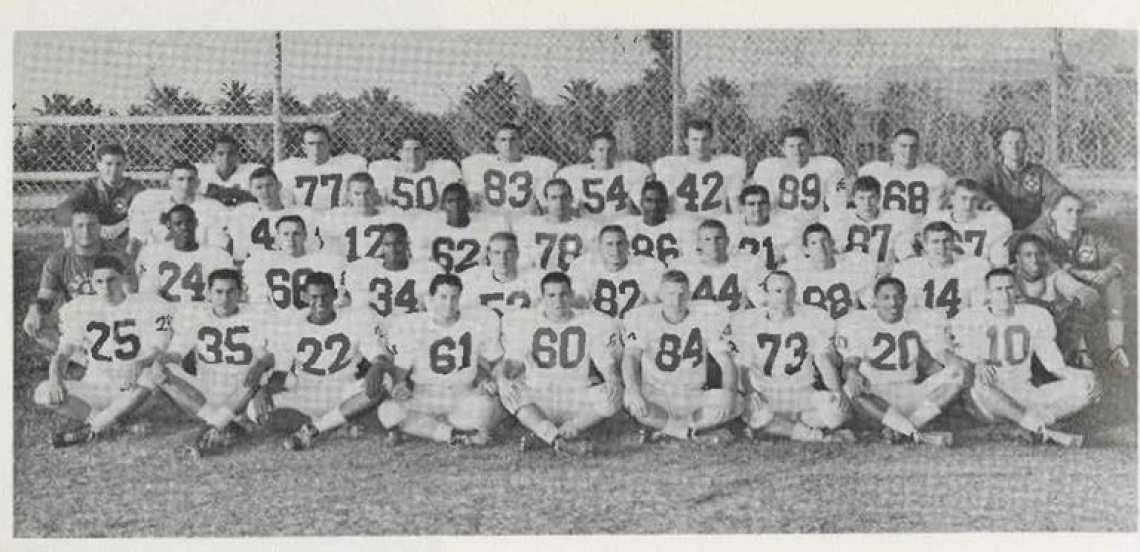Acting as Change Agents through Giving
Ed and Anne Wimberly are called to work for change that matters.

Ed Wimberly (B.A., history ’65) attended the University of Arizona during the turbulent civil rights movement, and he’s reminded of those times now. “Each of us is called to say something, to do something that matters,” Ed wrote in a recent essay sharing insights he gained during those days, to offer help “in this current time of immense hurt, struggle and challenge.”
Ed and his wife Anne Wimberly have done much that mattered to them. They earned doctoral degrees and both served for many years as faculty members at the Interdenominational Theological Center in Atlanta. Ed was also president of ITC and is a retired minister. Each has authored or edited more than 18 books, and they’ve contributed to future generations through their philanthropy.
The Wimberlys were excited to celebrate their 54th wedding anniversary this summer by mailing a check from Atlanta to Tucson. It fulfilled their pledge to endow a fund for African American Student Affairs.
The Ed and Anne Wimberly Endowment will fund greatest needs in AASA in perpetuity. AASA provides opportunities for students to learn more about leadership, social justice and creating community. They also made a scholarship gift for students involved in leadership clubs for Black students.
“I’m glad my wife knows how to save money. I married a jewel,” said Ed.
‘What We’re About’
Teaching and giving to students helped the couple cope with not being able to have children, said Anne. They lost a baby girl, Diana Kay, who was born premature and lived only two days, as well as three more children who didn’t come to term.
What the Wimberlys specifically hope their gifts will do is help Black students enter the University of Arizona and graduate.
“We know for sure African American students need support,” said Anne. “Statistics show they’re more likely to drop out because they’re less likely to have the funds to carry them through. Our young people need all the incentives, encouragement and affirmation they can get. That’s what we’re about.”
Help, Comfort and Inspiration
Marilyn Nuamah is beginning her second year at Arizona with tuition assistance from the new Wimberly scholarship. The funds are important to her family because her mother just finished her own master’s degree and her father is working on a doctorate, she said. They also support relatives in Ghana.
“I’m very thankful knowing people out there want to give back, especially to our community. I probably wouldn’t even be able to attend college or would have loads of debt if not for these types of scholarships,” she said.
Nuamah is also glad for the camaraderie she discovered last year through AASA and the groups she joined, African Americans in the Life Sciences and Minority Association of Pre-Medical Students.
“It gives you kind of a home away from your home. It’s a place to talk to people and tell them what I’m going through, and to help them and have them give me advice as well,” she said.
Nuamah is an honors student who plans to become a pediatrician, and the two career-focused clubs help her stay motivated.
“We get to meet with doctors of color. They give us tips and talk to us about how they made it there. It’s super inspiring to see other people of color who have become so successful,” she said.
A Lasting Connection
The community Nuamah is finding now is one that has never wavered for Ed, who was an Arizona football player.
“I wasn’t necessarily the top player, but I always played, and I didn’t disgrace myself,” he said.
Anne has come to feel like an honorary Wildcat through her husband’s friendships with his teammates.
“The players kept in touch after all those years, and that touches my heart. I was always there, and it was like my becoming a member of the University of Arizona family. The famous saying ‘Bear Down’ became my motto as well,” she said.
The couple fondly recalls visiting Larry Fairholm ’65 when he was playing in the Canadian Football League. Fairholm was the Arizona team captain in 1964 and played for the Montreal Alouettes for eight seasons after graduating.
Ed and Fairholm became friends as first-year students living on the same floor of Graham-Greenlee dorm. Everyone called Ed “Rev” after he revealed his desire to become a reverend, said Fairholm.
“He’s a special person, a giving person. When he and his wife came to visit, it was like seeing a family member,” he said.
This article originally appeared in the University of Arizona College of Social and Behavioral Sciences Developments Magazine.
Powerful Guidance
Ed: “My experiences in Wildcat Country revealed the importance of belonging; openness to injustice awareness-raising linked with the challenge to be change agents; having a heart’s knowing of the value of every human; and being unafraid to stand, speak and act on behalf of justice.”
Anne: “It’s important to march in protest. If we push our grieving inside, it will eat us up. It’s critical that time is given to cry, yell, say exactly what’s going on inside ourselves in order to have enough energy to stay the course for advocacy.”

Ed is pictured with fellow members of the Arizona freshman football team in the 1962 yearbook. He has kept in touch with his teammates.

